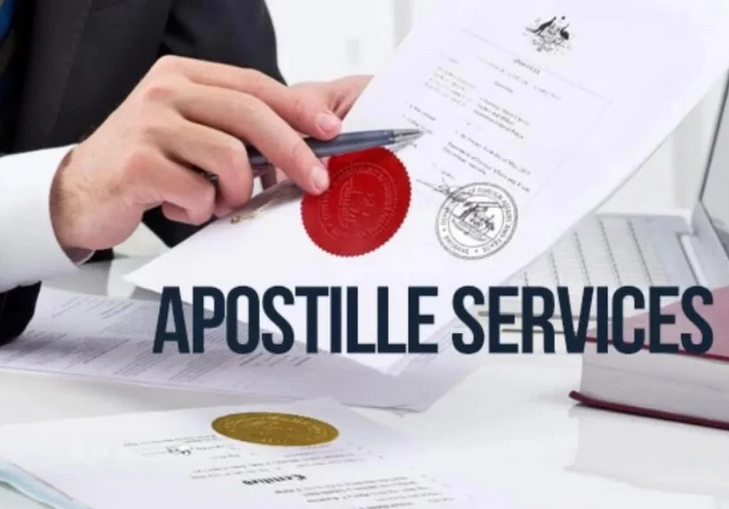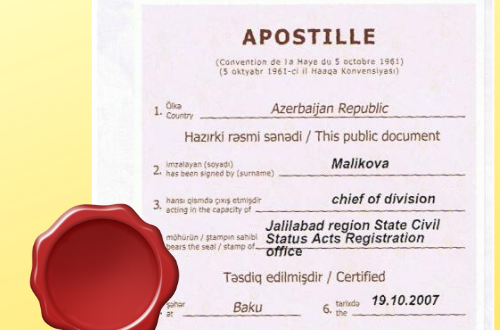Apostille Providers Houston TX: Guaranteeing Record Authentication
Apostille Providers Houston TX: Guaranteeing Record Authentication
Blog Article
Introducing the Important Role of Apostille in Simplifying International Record Recognition Processes
In the world of worldwide affairs, the recognition of files holds paramount importance. Among the web of governmental procedures and differing legal requirements across various countries, the duty of apostille emerges as a crucial facilitator in simplifying the process. By fastening an apostille to a paper, it undergoes a streamlined recognition that is acknowledged throughout numerous nations, therefore alleviating the concerns connected with cross-border file verification. As we explore the intricacies of this specialized accreditation, the subtleties between apostille and standard recognition approaches come to light, dropping a brand-new perspective on the performance and effectiveness of this vital yet often ignored procedure.
Understanding Apostille Essentials
In the realm of file validation for worldwide usage, realizing the basic principles of apostille authentication is essential. An apostille is a specific certificate that confirms the credibility of a record for usage in international nations that belong to the Hague Apostille Convention. Understanding the basics of apostille involves recognizing that it does not validate the content of the paper yet instead licenses the trademark and seal of the providing authority. This accreditation streamlines the process of international file validation by ensuring that the paper will be acknowledged as genuine in countries that are events to the Apostille Convention.
Apostilles are commonly provided for essential documents such as birth certifications, marriage certifications, and scholastic transcripts. The vital parts of an apostille include the name of the nation where it was provided, the name of the person authorizing the paper, the capacity in which the individual signed the document, the seal or stamp of the releasing authority, and the date of issuance. By understanding these essential aspects of apostille verification, people and organizations can browse the complexities of international paper validation with self-confidence and efficiency.
Advantages of Apostille for Validation

Additionally, the apostille streamlines the verification procedure by giving a standardized certification that validates the credibility of the file, such as birth certifications, marriage licenses, notarized actions, and scholastic transcripts. This standard layout decreases the threat of rejection because of strangeness with foreign papers, thus improving the performance of cross-border transactions.
Additionally, the apostille aids in eliminating the requirement for several layers of verification by government authorities, as the apostille itself symbolizes the record's validity. This not only speeds up the record validation process however likewise lowers the associated costs and administrative difficulties, making it a hassle-free and economical solution for organizations and individuals participating in worldwide activities.
Streamlining Cross-Border Paper Verification
Facilitating the validation of documents across international borders, the apostille process acts as a streamlined and universally recognized method for authenticating various kinds of official paperwork. Streamlining find here cross-border record verification, the apostille removes the need for often challenging and prolonged validation procedures generally required when offering records in international countries. By affixing an apostille to a document, the releasing country certifies the authenticity of the record, making it conveniently acceptable in other nations that belong to the Hague Apostille Convention. This standardized process dramatically lowers the time and effort entailed in verifying the legitimacy of official documentation, promoting efficiency and convenience of worldwide transactions.
Furthermore, the apostille system boosts the protection and dependability of cross-border document recognition by giving a transparent and worldwide accepted system for validating the validity of files. This simplification of verification processes not only advantages individuals and companies looking for to run internationally however additionally fosters smoother interaction and cooperation between countries by making sure the reliability of common documents.
Significance of Apostille in Legalization

Apostille makes sure that legal records such as birth certifications, marriage certifications, powers of attorney, and court documents are identified and accepted in foreign jurisdictions. The apostille procedure minimizes the bureaucratic difficulties and lengthy treatments commonly connected with document legalisation, making global transactions extra efficient and legitimately binding.
Apostille Vs. Conventional Recognition Techniques
Contrasting apostille with conventional recognition methods exposes distinct differences in the performance and simpleness of document authentication processes for global use. Apostille, as a structured and standardized method established by the Hague Convention, supplies a more simple strategy to verifying documents compared to typical methods. Conventional recognition procedures typically entail multiple steps, including registration, qualification by government authorities, and consular legalization, which can be difficult and time-consuming.
Apostille, on the other hand, simplifies this procedure by licensing records with a single apostille certificate provided by a competent authority in the country where the file comes from (Houston TX Apostille). This certification is identified by all participant nations of the Hague Convention, eliminating the need for further embassy legalization. Therefore, apostille substantially minimizes the moment and initiative needed for document recognition, making it a recommended click here for more selection for people and companies included in worldwide deals
Verdict
Finally, apostille plays an essential duty in streamlining global file recognition processes by supplying a standard method of verification that is identified across getting involved countries. By enhancing the legalisation process, apostille removes the requirement for numerous layers of validation, minimizing time and prices associated with cross-border paper verification. This efficient system benefits individuals and companies looking for to use foreign files for lawful purposes, guaranteeing smoother worldwide purchases.
By affixing an apostille to a file, it goes through a streamlined recognition that is identified throughout numerous nations, therefore alleviating the worries linked with cross-border file authentication. Streamlining cross-border file authentication, the apostille gets rid of the need for lengthy and often complex recognition treatments commonly called for when offering documents in international nations. By fastening an apostille to a record, the releasing nation licenses the credibility of the paper, making it easily acceptable in other countries that are part of the Hague Apostille Convention. By affixing an apostille to a document, the releasing nation accredits the authenticity of the signature, seal, or stamp on the document, making it legitimate for usage in one more member country of the Hague Apostille Convention without the need for additional legalization.

Report this page